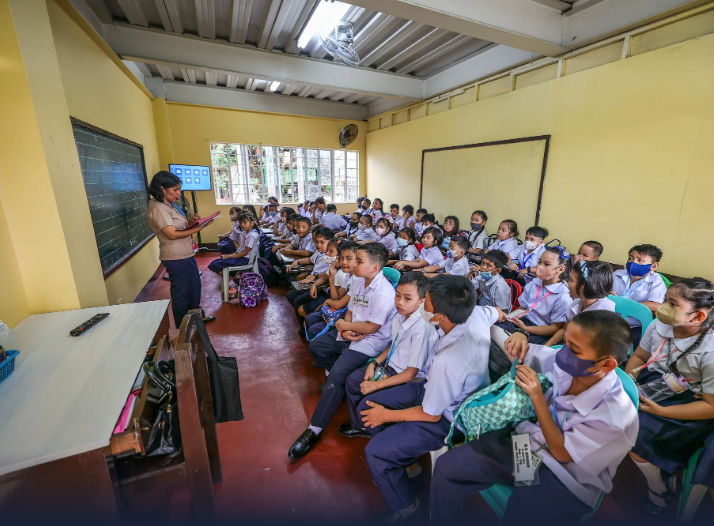Physical Address
304 North Cardinal St.
Dorchester Center, MA 02124
Physical Address
304 North Cardinal St.
Dorchester Center, MA 02124

In recent weeks, teachers have shared their frustrations online about their students’ lack of enthusiasm for reading. Our international standardized test scores have dropped once again. The National Readership Survey reveals that while Filipinos have a positive attitude toward reading, they start reading later in life and read less frequently. This points to a significant issue with reading literacy in the Philippines.
These issues may be linked to reading comprehension. Reports have shown that Filipinos have very low reading comprehension skills. This sparked reactions, with many arguing that our children do read a lot on social media, attend book fairs, and buy books. They are reading, but this reading often lacks depth.

What people often refer to as literacy is the basic ability to read something of interest. However, real-life situations demand more than this basic level. We frequently encounter challenging and lengthy material that requires deeper comprehension. Addressing this is key to improving reading literacy in the Philippines.
Various strategies address the lack of reading. Experts recommend that parents read to their children and set an example by reading newspapers and books. In the United States, teachers have tried letting students choose books they want to read, hoping this would spark interest in other texts. This approach has seen mixed results.
Reading comprehension involves a complex set of skills. Steve McKee, in a 2012 article for Language Testing in Asia, explains that comprehension builds on multiple mental tasks. Lower-level tasks involve word recognition, while higher-level tasks involve understanding meaning. Good readers analyze and interpret what they read.
Researchers emphasize that comprehension includes knowing why one reads a text, asking questions, anticipating logical conclusions, critiquing when necessary, and recognizing the text’s structure. These tasks become intuitive with habitual reading, a crucial aspect of enhancing reading literacy in the Philippines.
Several factors enrich comprehension: prior knowledge of the text’s content, understanding its context, and connecting both to the current reading. Good readers know which prior information is relevant, how new information challenges their views, and how it enhances their understanding of an issue.
Assessing reading comprehension is complex. Multiple-choice questions can only gauge recall and are susceptible to guessing. Short essays might be more reliable, but not all good readers are skilled writers, putting some at a disadvantage.
Reading comprehension enhances critical thinking and connection-making skills. Good readers tend to be better writers and perform better socially. Instead of reacting impulsively to disagreeable texts, they seek multiple sources of information before forming opinions. This skill is fundamental to advancing reading literacy in the Philippines.
Research by Malaysian educators in a 2013 article in English Language Teaching shows that good reading comprehension improves problem-solving skills. This is expected since comprehension involves identifying assumptions in a text. A 2017 article in the Universal Journal of Educational Research by Turkish researchers shows that active reading increases attention span and concentration for other tasks.
Reading widely fosters empathy. Understanding literary characters requires readers to identify feelings, predict actions, and understand motivations. Developing these skills through improved reading literacy in the Philippines can significantly impact students’ social and emotional growth.
The weaknesses in our students’ skills, like math and creative thinking, might be linked to low reading comprehension. Without strong comprehension skills, students struggle to connect ideas, solve problems, and write coherently. These are essential skills for life.
We must teach reading comprehension explicitly. Relying on students to develop these skills independently risks their future success. Fostering reading literacy in the Philippines is crucial for our students’ development, enabling them to think critically, connect ideas, and succeed in various aspects of life.